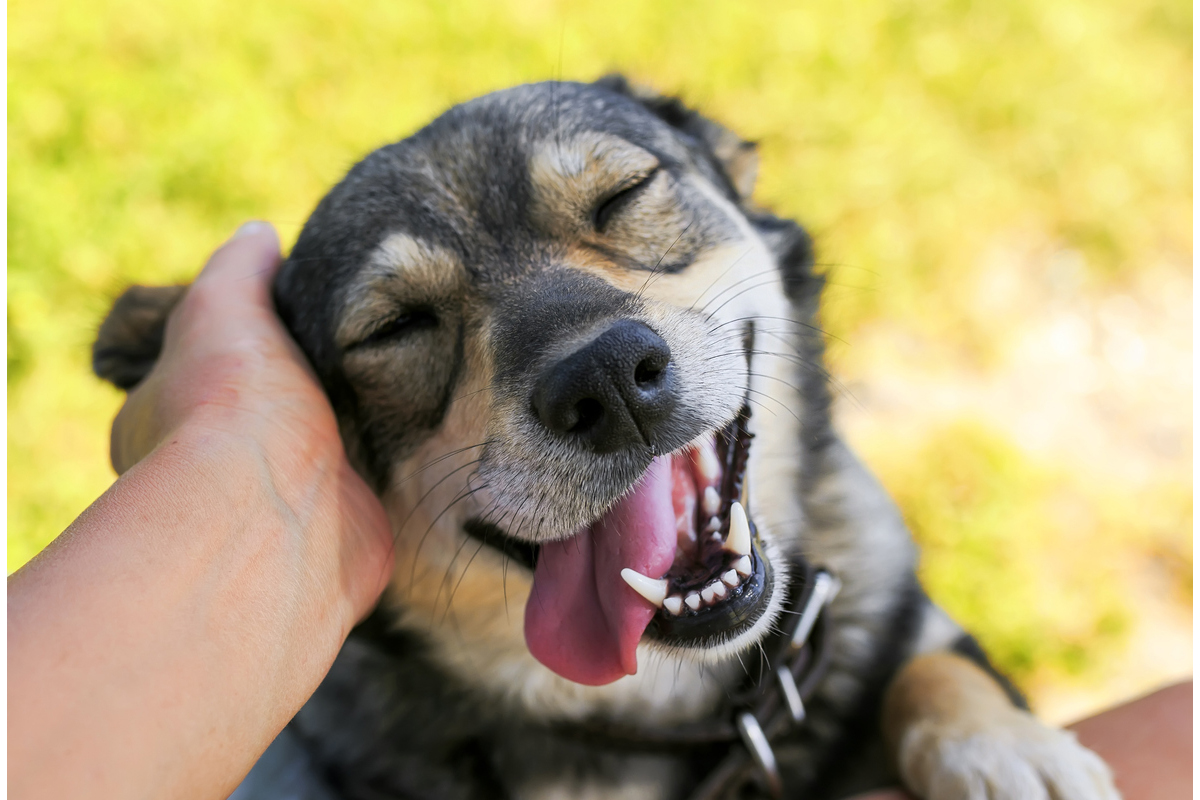Handling New Dog: If you are an animal lover, especially a dog lover you need to know many things before getting the dog to your house. There are a lot of decisions to make and factors to consider before you decide to bring home a new puppy—where should the puppy sleep on its first night, who will be around to take care of it, and do you have all the supplies on hand? Do not give in to impulse and take home a puppy at the wrong time. Do your research well. These are the things you need to analyze first.
1. Bringing home a Dog should be the family decision
Pets are a big commitment and should be a collective responsibility, so before you take the plunge, make sure this is the decision of the family.
Advertisement
Divide the care-taking roles. Deciding about the primary caretaker is important. It is important to hammer out the issues like who is going to manage the food timetable and dog walking schedule etc. Sort out the issues like, will the dog be allowed on the bed? On the couch? Where will the dog sleep? Are any rooms of the house permanently off-limits? Include your family in the decisions so everyone is on the same page.
Advertisement
2. Stock Up on the essential supplies
Buy some of the basics ahead of time, so you and your dog can settle in without too many hassles.
Here’s what you’ll need to get started:
-Crate
-Food and water bowls
-Food and maybe some treats for training — talk to your vet about an appropriate diet
-Collar and leash
-Bed
-Toys, especially chew toys
-Stain- and odor-removing cleaners
-Possibly some baby or dog gates to block off sections of your house.
3. Puppy-Proof Your Home
Before your little friend comes home with you, it is essential that you prepare your home. Do your best to puppy-proof every area of your home. Destructive puppy behaviour is common, frustrating, and can be dangerous for your dog. Your puppy is sure to find all the little things that can hurt it.
4. Find the Right Veterinarian
new puppy should visit your veterinarian for the first time within a few days of coming home with you. It is important for the puppy to have a physical examination, even if no vaccines are due. This is a chance to make sure there are no health problems that went undetected by the breeder, shelter, or rescue group.
It’s best to find a good veterinarian before you bring home your puppy. Then you will have the vet lined up and not have to rush to find one. Look for a veterinary office with a great reputation in a convenient location for you.
5. Choose an Age and Breed Appropriate Food
Not all pet foods are alike. Some are better than others, and some make claims that are not always backed by facts. It would be easy to just grab the pet food bag or can with the nicest design on the cover, but that is not what is going to guarantee our pets’ long-term health.
Choose the best food for your dog or cat and always look for a diet labelled complete and balanced. From the time they are young until the time they are seniors, your pet food choices should be guided by the pet’s specific needs, life stage, and lifestyle. You can do some cursory research to get a good idea of why it is important and what to look for, but for the best advice, consult your veterinarian.
6. Outfit Your Pet with Proper ID
Finally, ensure that your puppy is properly outfitted with ID so that if it should ever get loose — and it does happen to most everyone eventually — you will have him returned safely to you. Have your contact information on your pet’s collar, either on a tag or printed directly onto the collar (the latter can be custom ordered or made by you).
Also, keep photos on hand. This is a good reason to track your pet’s growth, but you may need those images when it comes time to post them around town or to leave with the local shelter in case your pet is delivered to them. A GPS device that attaches to the collar is a clever way to track your pet, but it loses its usefulness when the collar gets lost.
Advertisement











